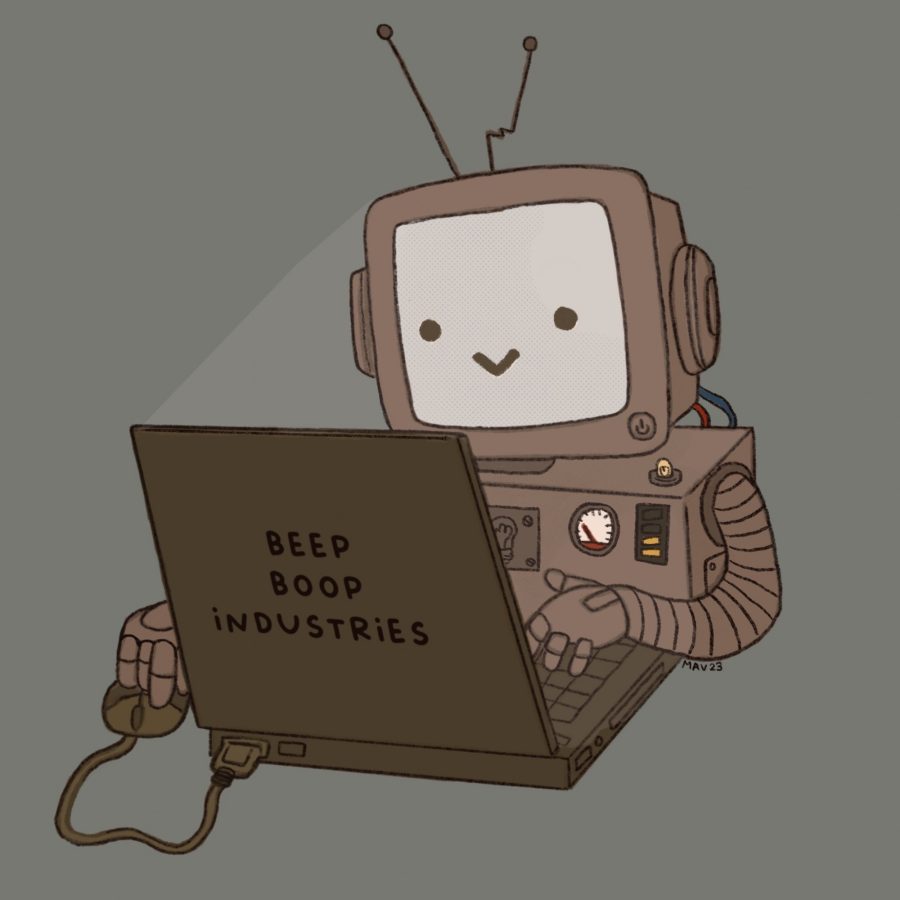
Are minority groups responsible for perpetuating a narrative that labels them as separate from the majority? That is the claim that is being made by critics of the protests across the nation as minority groups — specifically black people — protest the continuous murders of their community members at the hands of the state.
Suggesting that minorities simply need to assimilate to the dominant culture to prevent repercussions or judgment by the very culture that problematizes being a minority, it makes sense that they’re protesting murders. We have some big problems in this nation, so why does anyone care that Robert L. Johnson, the creator of BET, is trying to provide some excellent programming to a niche, minority audience?
“Black Netflix? As long as minority groups, or any group for that matter, choose to segregate themselves, they will continue to foster the idea that they are separate from others. It’s self-destructive,” is the first comment on NPR’s article “A Look At ‘Blackbird,’ The First Film On The New ‘Black Netflix’” from user JWHY.
The comment, which references Johnson’s new Urban Movie Channel being touted as the new “Black Netflix,” deleteriously states that black people, because of the existence of this new movie channel, are intentionally segregating themselves from normal (read: white) online media consumption and are subsequently being racist themselves in creating a space focused on exhibiting the work of minority actors, producers and directors.
JWHY, along with your uncle who doesn’t understand why the channel BET exists, argues that a White Entertainment Television Network should exist and that this extension of the racist institution BET is perpetuated by the Urban Movie Channel. He’s also definitely colorblind because clearly not being able to see race is one of the reasons people misunderstand the creation of this channel.
JWHY’s error, as well as anyone who refuses to acknowledge minority culture and integrate it into popular culture, is simple. While simultaneously criticizing minority efforts to foray into popular culture, he is criticizing the formation of something other than the white normative.
For JWHY, and this nation in general, that norm is white-produced, white-consumed media and for the most part, that product has been institutionalized and protected. It doesn’t factor in that other groups, specifically minorities, exist as niche-consumers that want to see something other than the whitewashed standard that is presented and produced for the public.
Shows like “Being Mary Jane” and “Empire” have been wildly successful products made for black people by black people at no cost to non-black consumers (“Being Mary Jane” and “Empire” are awesome shows and benefit from the nuance provided by producers and writers who actually understand the characters) and their existence is non-threatening to shows with a majority of white characters, a fact demonstrated by the Oscars.
What we learned from #OscarsSoWhite, other than the sad fact that Hollywood maintains a sharp racial bias, is that exceptional minority film or television cannot compete in the market and does not threaten white products.
This notion that minorities, specifically black people in this situation, are self-segregating by producing a commodity that they actually want to consume and subsequently celebrating that consumption is not racist. The Urban Movie Channel merely exists as an outlet to offer and consume a commodity that exists outside of the norm.
“UMC was designed so that the African-American and urban creative community could directly reach consumers in a way that removes many of the restrictions associated with the legacy content development and distribution models,” Johnson said in a statement to Variety. “As more video is consumed over broadband, we believe that we can quickly become the preeminent provider of quality urban entertainment to what has largely been an underserved, yet highly engaged audience.”
In this country, we have a legacy of creating mediums that are far-and-away controlled by the majority white sphere of influence. Institutions like Netflix and HBO exist as distribution models that historically have been coopted by the able and interested target audiences that they are marketed to; like Netflix, UMC seeks to provide a niche-product to a niche-consumer that is engaged and asking for it.
The idea that UMC is attempting to usurp or suppress media that doesn’t exist within its niche audience is illogical. It’s simply providing a service that is otherwise underwhelming or offensive in its current presentation.
_______________
Nick Havey is a junior studying physiology and Spanish. Follow him on Twitter.








